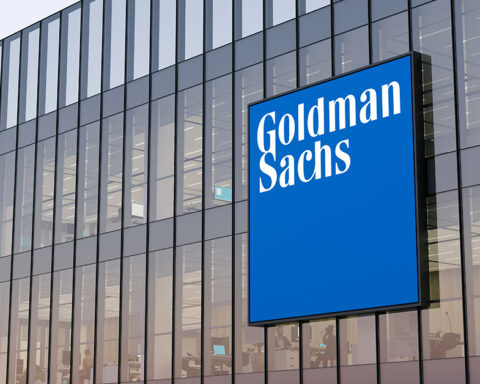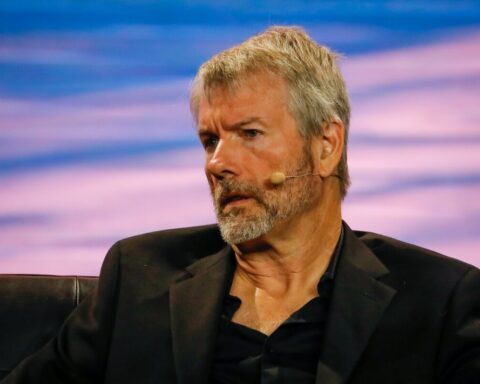OpenAI has recently made a significant commitment to its business-tier ChatGPT users, pledging to cover their legal expenses in cases of copyright infringement.
This initiative, known as “Copyright Shield,” will apply exclusively to users of OpenAI’s business-tier offerings, including ChatGPT Enterprise and its developer platform, distinguishing it from the free and Plus ChatGPT versions.
During the company’s inaugural developer conference, DevDay, which took place on November 6th, OpenAI’s CEO, Sam Altman, officially unveiled this support.
Altman stated, “We will step in and defend our customers and pay the costs incurred if you face legal claims around copyright infringement, and this applies both to ChatGPT Enterprise and the API.”
OpenAI’s move aligns it with other prominent tech giants such as Microsoft, Amazon, and Google, who have previously offered legal assistance to users accused of copyright violations.
Additionally, Adobe and Shutterstock, renowned stock image providers venturing into generative AI, have made similar commitments.
READ MORE: Germany’s 3rd Largest Bank Launches Blockchain-Based Digital Assets Custody Platform
Furthermore, OpenAI disclosed several other notable developments during DevDay. Users will soon have the capability to create customized ChatGPT models, which can subsequently be sold on an upcoming app store. This innovation marks a significant expansion of the platform’s functionality.
Additionally, OpenAI introduced a new and enhanced AI model, ChatGPT-4 Turbo, signaling their ongoing commitment to advancing AI capabilities.
However, it’s essential to acknowledge that OpenAI has been grappling with several lawsuits alleging the improper use of copyrighted material to train its AI models.
Notably, comedian and author Sarah Silverman, alongside two others, filed a lawsuit against OpenAI in July.
They claimed that ChatGPT’s training data included their copyrighted work, which had been obtained from illegal online sources.
OpenAI faced further legal challenges in September, with a class action suit accusing the company, along with Microsoft, of utilizing stolen private information for model training.
Additionally, the Author’s Guild filed a lawsuit against OpenAI, alleging “systematic theft” of copyrighted materials.
In conclusion, OpenAI’s commitment to cover legal costs for business-tier ChatGPT users embroiled in copyright infringement disputes represents a significant step in protecting its clientele.
While the company faces legal challenges, it continues to expand its offerings and capabilities in the field of AI.
Discover the Crypto Intelligence Blockchain Council




